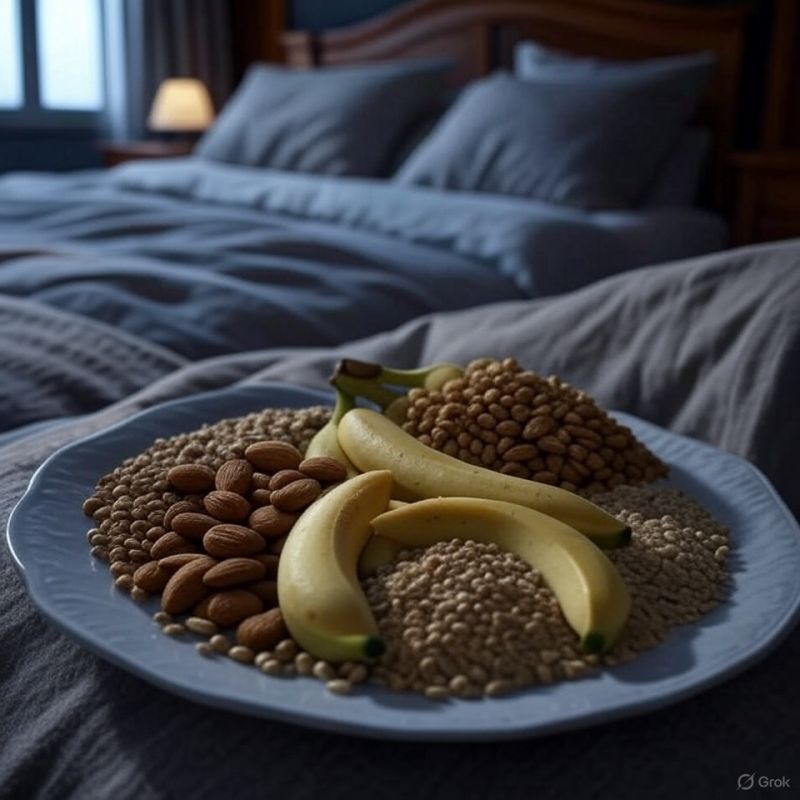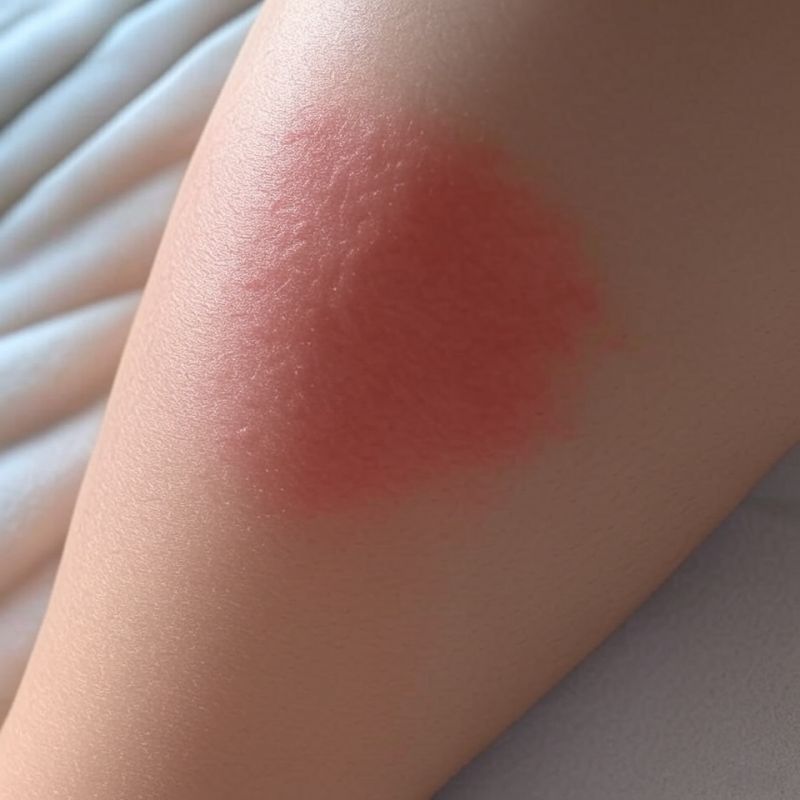How Diet Affects Sleep
Your diet directly influences sleep-regulating hormones like melatonin and neurotransmitters like serotonin. For instance, eating heavy, greasy meals close to bedtime can cause indigestion or acid reflux, making it hard to fall asleep. Similarly, foods high in caffeine or sugar can overstimulate your nervous system, keeping you alert when you should be winding down.
Research suggests that diets high in refined sugars and saturated fats can lead to lighter, more fragmented sleep. A 2016 study in the Journal of Clinical Sleep Medicine found that low-fiber, high-fat diets were linked to less restorative sleep and more nighttime awakenings. Conversely, diets rich in fiber, lean proteins, and healthy fats—like the Mediterranean diet—are associated with deeper, more restful sleep. Hydration matters too; dehydration can cause dry mouth or muscle cramps, interrupting your rest.
Foods and Habits to Avoid
Certain foods and eating habits can sabotage your sleep. Here’s what to steer clear of:
Caffeine: Found in coffee, tea, energy drinks, and even chocolate, caffeine blocks adenosine receptors, delaying sleepiness. Avoid it at least 6 hours before bed.
- Alcohol: While a glass of wine might make you drowsy, alcohol disrupts REM sleep, the restorative phase crucial for memory and mood. It also increases nighttime awakenings.
- Heavy Meals: Large, fatty, or spicy meals—like burgers or hot wings—take longer to digest, potentially causing discomfort or heartburn. Aim to eat dinner 2-3 hours before bedtime.
- Sugary Foods: Sweets, sodas, or refined carbs like white bread can spike blood sugar levels, leading to restlessness and difficulty falling asleep.
What to Eat for Better Sleep
The good news? Your diet can also promote better sleep. Here are some foods and habits to incorporate:
- Tryptophan-Rich Foods: Tryptophan, an amino acid, boosts serotonin and melatonin production, promoting relaxation. Foods like turkey, eggs, almonds, pumpkin seeds, and bananas are great sources. A small snack of a banana with a handful of almonds can be a perfect pre-bedtime treat.
- Melatonin-Boosting Foods: Some foods naturally contain melatonin, which regulates sleep-wake cycles. Tart cherries, grapes, and walnuts are excellent choices. A 2017 study in the Journal of Sleep Research found that drinking tart cherry juice before bed reduced the time it took to fall asleep.
- Complex Carbohydrates: Whole grains like brown rice, quinoa, or oats help stabilize blood sugar and support serotonin production. A light dinner with quinoa and steamed veggies can set the stage for a good night’s rest.
- Magnesium and Vitamin B6: Magnesium (found in spinach, avocados, and nuts) and vitamin B6 (in bananas and potatoes) promote muscle relaxation and a calm nervous system. Deficiencies in these nutrients have been linked to insomnia.
- Herbal Teas: Chamomile, valerian root, or peppermint teas have calming properties. A warm cup before bed can help you unwind, but avoid black or green teas, which contain caffeine.
Additional Tips for Better Sleep
Beyond food choices, meal timing matters. Eating at consistent times helps regulate your circadian rhythm. Stay hydrated throughout the day, but reduce fluid intake right before bed to avoid waking up to use the bathroom. If sleep issues persist, consider keeping a food diary to identify potential triggers—sometimes sensitivities to foods like dairy or gluten can play a role.
Your diet can either interfere with or enhance your sleep.
Avoiding caffeine, alcohol, heavy meals, and sugary foods in the evening while incorporating tryptophan-rich foods, melatonin-boosting options, and complex carbs can significantly improve your rest. Small changes—like a cup of chamomile tea or a handful of walnuts before bed—can make a big difference. If sleep problems persist despite dietary adjustments, consult a healthcare professional, as underlying issues like stress or medical conditions may be at play. A balanced diet isn’t just good for your body—it’s a gateway to better sleep and a healthier life.









